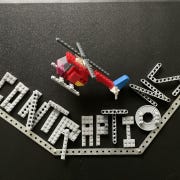This week's best things
Exploring "aliveness", remixing digital archives, Instagram story likes as digital affection, Gen Z’s revival of radio and landlines, The Stasi’s role in gaming, AI as “superhistory,” change leadership traps, poor service design, and more.

A week of crisp Autumn sunshine, plunging temperatures, and the leaves on the trees all turning lovely colours.
I wrote a bit about what I've been up to this year, I also presented to the Art UK Steering Group about Beyond the Promise. If you are interested in working together next year (I also have a small amount of free time in early December this year) then book in a call for a chat.
I'm delivering a (free) webinar next Thursday (23rd Oct) for UK Heritage Pulse "focused on practical uses of AI in heritage today". I think/hope the things I'm covering should be applicable regardless of whether you work in heritage or not, so come along.
Ok, here are some good things.
Aliveness and where to find it
I love love loved this (spotted via Rachel Coldicutt). It's one of those simple framings that works because it feels true and useful.

Whilst, as Rachel rightly said, it's probably not always super-helpful to blanket activities as 'good' or 'bad', Ben's article contains a whole lot of useful thinking, provocations, and ideas. I'd recommend it to everyone.
This also feels like an interesting framing for cultural orgs to consider.
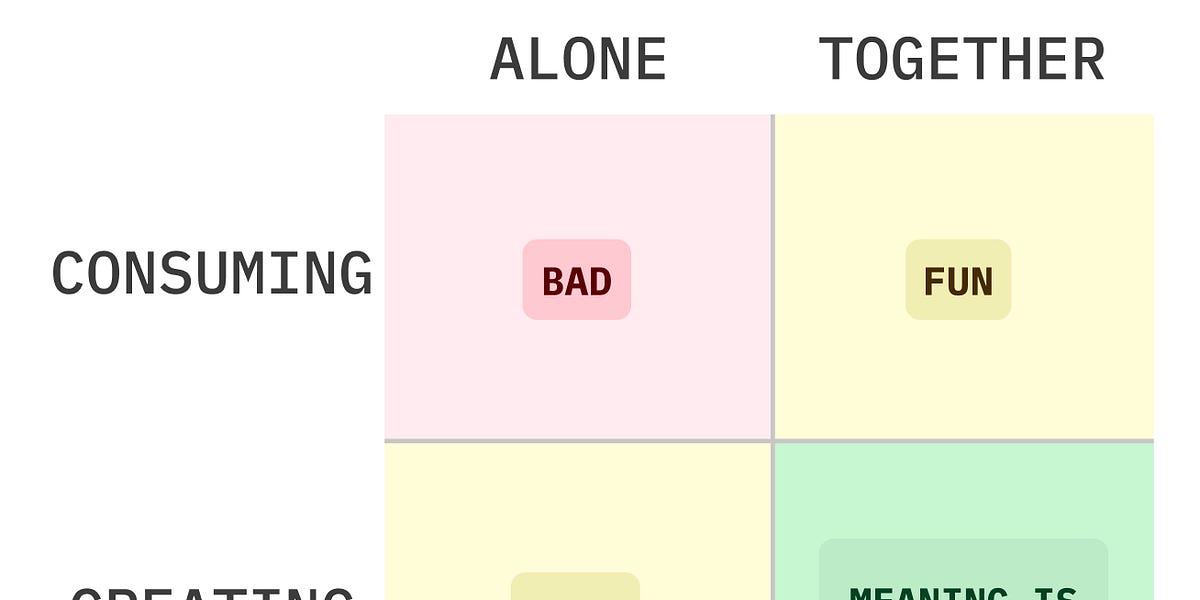
Sort out your content before AI does
A salutary post from Content Design London.
"AI will be looking at and remixing your content, so it had better be up to date, accurate and useful. Crap in, crap out. Time to get your house in order now.
Remember you are valued. You have incredible skills. Over the next few years, those skills will evolve and change. As they have for everyone, in every industry, through history. Let’s continue to help make digital useful, usable and safe."
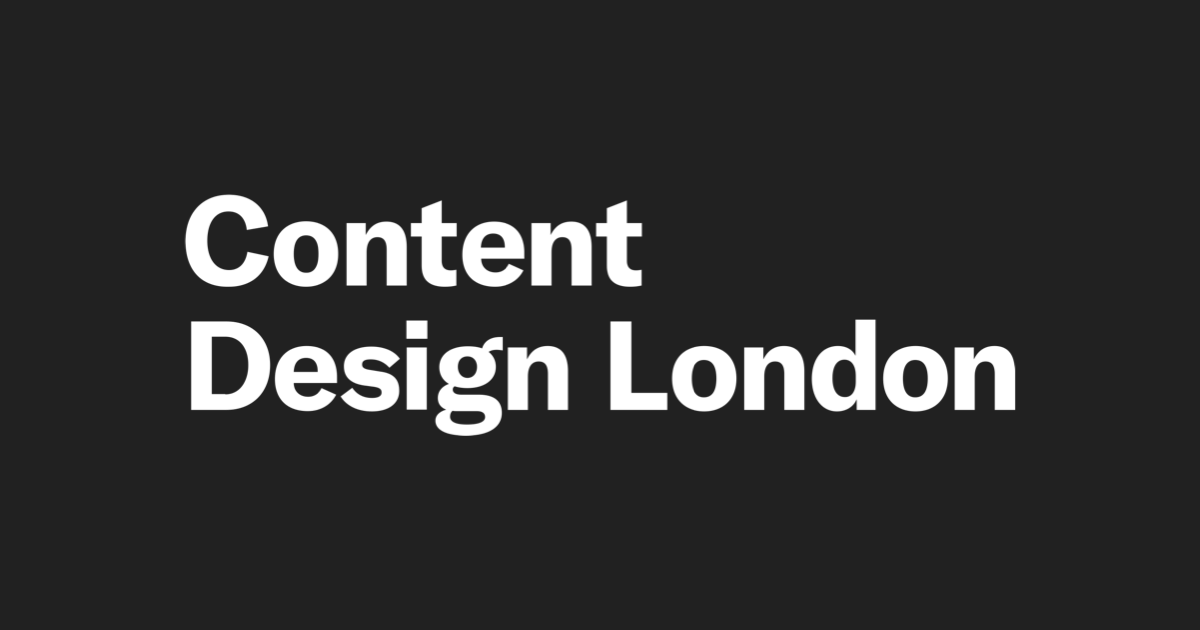
Tell me what you think
I'm taking a break from writing the newsletter at the start of 2026 and I'd like to hear what you think of what I send out every week so I can return in the Spring with something that is focused and useful.
Thanks to everyone who has shared their feedback (and kind words) so far.
Let me know what you think I should continue/change/introduce here.
2025-2026 CPH:LAB Projects
Spotted via Annette Mees (who is an advisor on the programme), this year's CPH:Lab Projects look like a really interesting mix of interactive, immersive and interdisciplinary things.
Including a look at Gen Z mental health, an AI-enabled witch trial in 1760s Sweden, a 'silent movie opera' about scams, and 'a kinetic immersive essay on movement, framed through the chronophotography of Étienne-Jules Marey and the lived experience of disabled artist Ben Joseph Andrews'. Lots to enjoy.
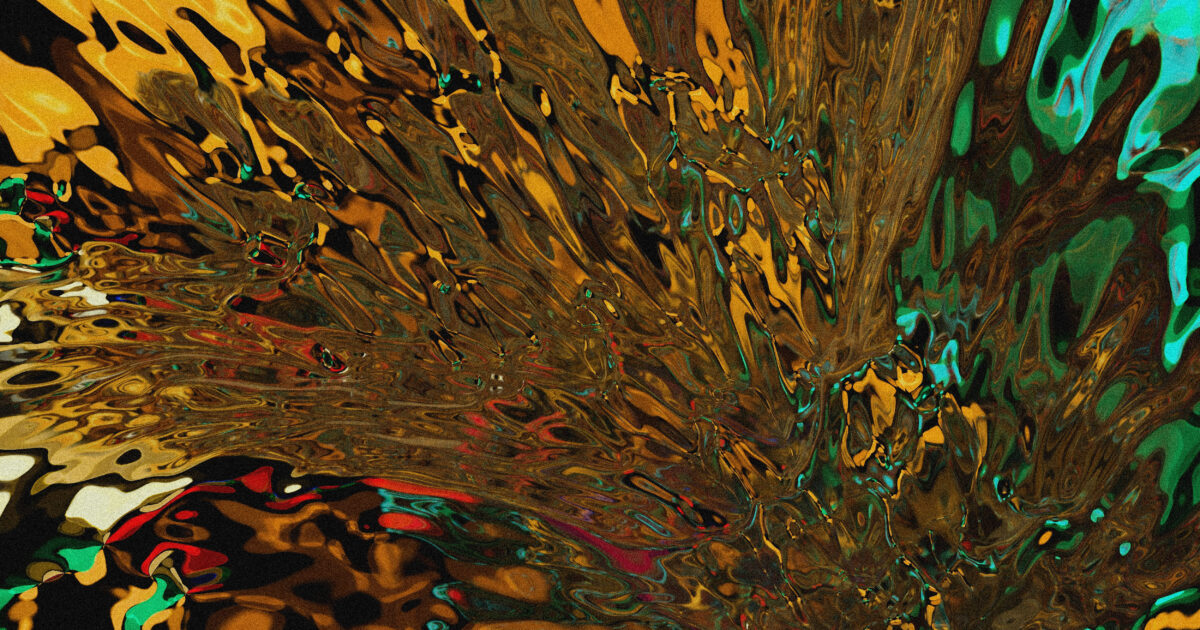
Remixing the archive: what we learned from inviting everyone in
"To celebrate 500 years of the Estonian book and written word, we at the Estonian National Museum decided to try something different. Besides exhibitions and events, we called attention to digital archives of Estonian memory institutions and asked: what would you create if you could remix cultural heritage on your own terms?
We launched a public competition. The only rule: take digitised archival content, such as photographs, artworks or documents and transform it into something new. Not a study, but a meme, a video, a short story, a chatbot, a collage. We had no further rules, categories or templates, just an invitation to create."
Sadly I can't find any more information about this anywhere, or any other examples of the types of things people made.
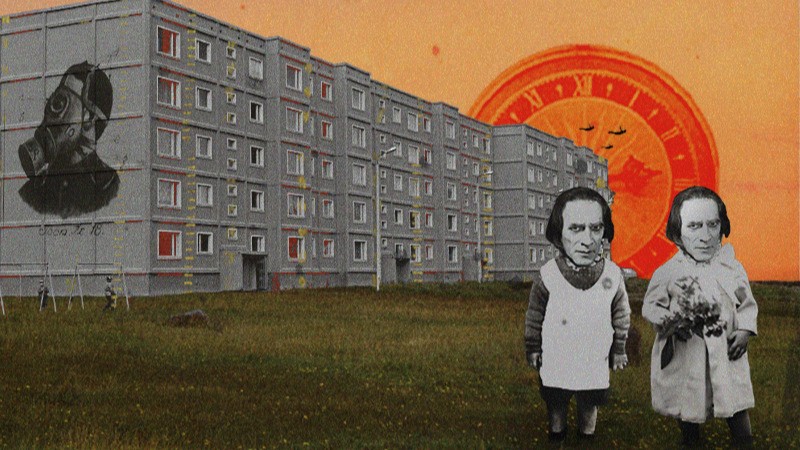
Instagram Story Likes and Markers of Digital Affection
Spotted via Deborah Carver is this interesting post (that, if you are over the age of 30, will possibly make you feel approximately 100 years old) describing the levels of meaning ascribed to each emoji on various social media platforms.
"these emojis wreaked havoc to the lives of many teens around the world, as they highlight differentials in levels of friendship and, in many cases, in romantic interest. To have “pink hearts” was a reciprocal marker of continued digital attention, the proof that this scarce commodity was committed to the other person. The loss of this symbol for people romantically involved is jarring. In a digital-mediated world, what does it mean to no longer be someone’s main recipient of digital attention?"
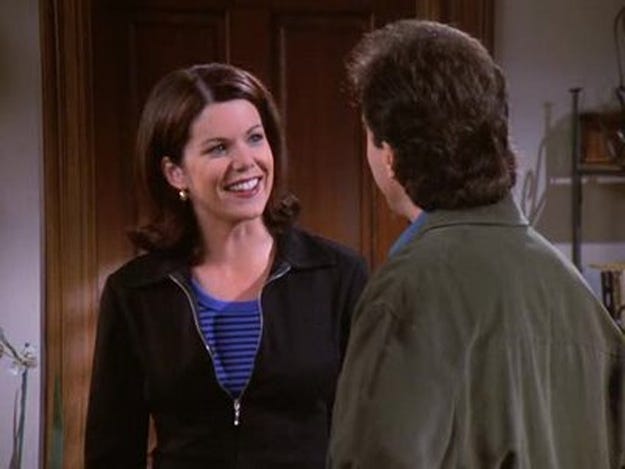
5 ways to use emojis accessibly
A bit more on emojis in this useful post from Ettie Bailey-King.
"Emojis are great for adding context, emphasis, pauses, and a bit of personality. But for people using screen readers, too many can be exhausting."
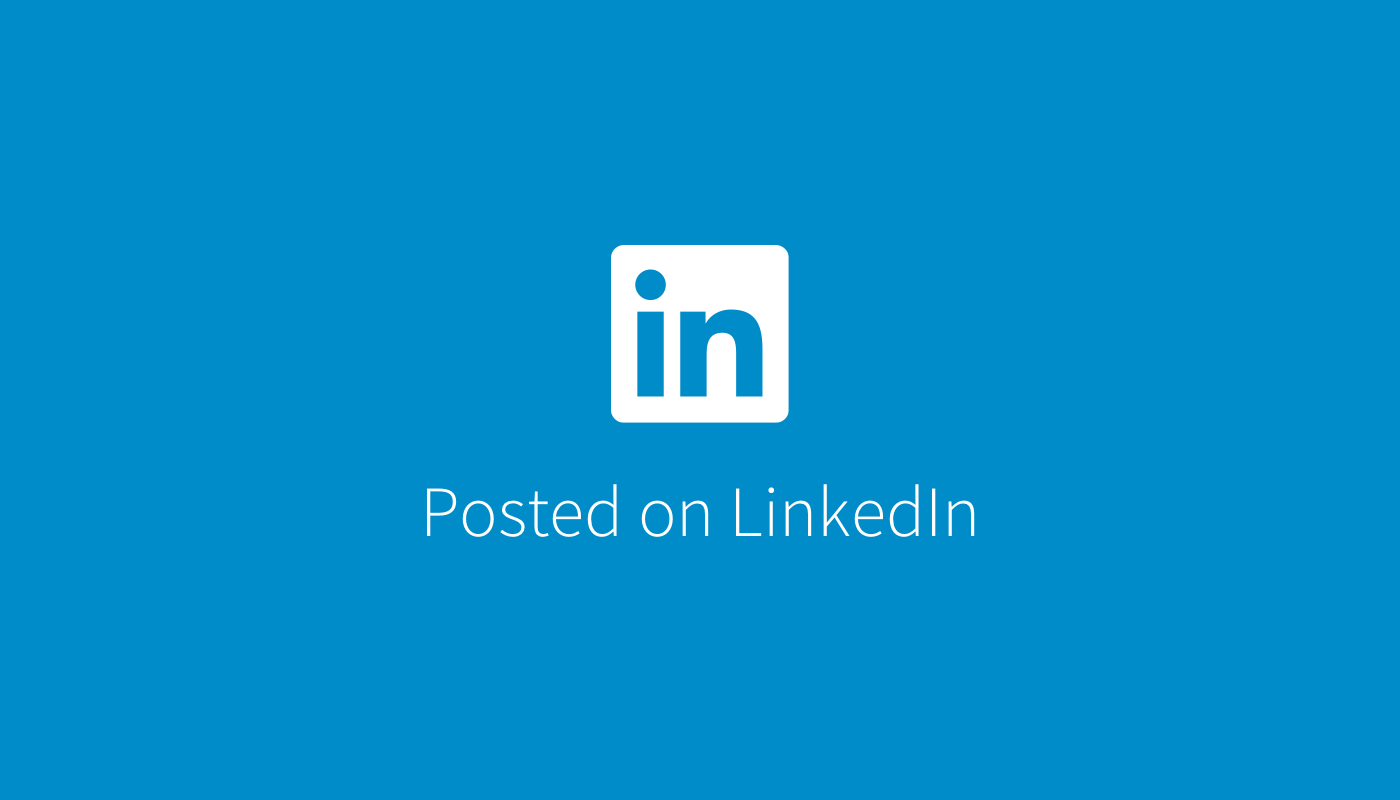
Gen Z's College Radio Revival
Whilst this piece starts off with the slightly sad finding that "Younger consumers, typically the drivers of cultural trends, are less likely to discover new artists compared to 25-34 year-olds. And even when they do discover artists, they are less likely to stream that artist’s music, according to the report."
It then talks about the resurgence of college radio, which feels like a good thing.
"I spoke to seven student general managers and surveyed 80+ DJs at stations across America: ACRN (Ohio University), WCBN (University of Michigan), WEGL (Auburn University), WHRW (Binghamton University), WRFL (University of Kentucky), WVBR (Cornell University), and WZBC (Boston College).
They told me student interest in college radio has dramatically increased in recent years. Stations that once struggled to fill airtime are now turning people away, shortening shows, alternating time slots, and running training programs just to keep up with the demand from aspiring student DJs.
For decades, college radio championed underground artists before they hit the mainstream. Against all odds—COVID shutdowns, FCC regulations, and the long decline of FM radio—college radio is thriving again."
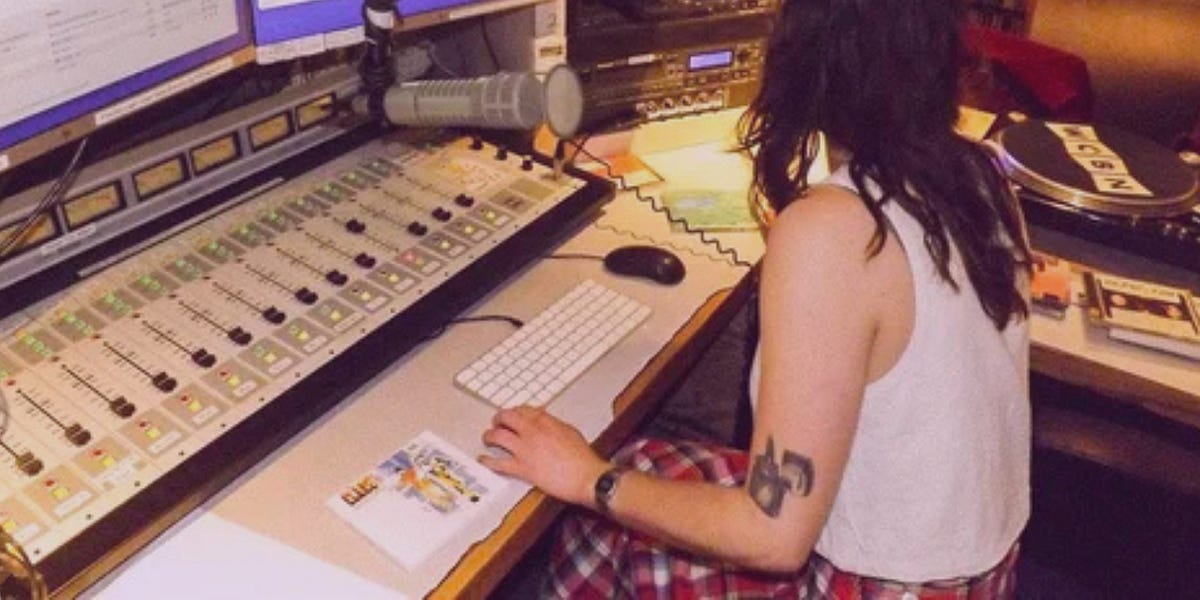
Gen Z is desperate for landlines — and creating their own makeshift versions with cellphones
On the subject of Gen Z interest in old(er) things is this article, which seems to speak to the interesting set of behaviours which are popping up as people grapple with an increasing awareness of, and frustration with, device addiction.
"Ng's desire to turn the supercomputer in her pocket into a makeshift landline is also one that's shared by other zoomers and millennials. Some Americans are going full Luddite, giving up smartphones altogether in favor of so-called dumb phones, while some parents are easing their kids into technology by opting for classic landlines instead of iPhones.
There are also plenty of people who want a break from their screens but aren't quite ready or able to ditch the conveniences of modern technology altogether. So instead of giving up their smartphones, some young people are creating setups that mimic landlines — by chaining their phone to the wall or creating a wall mount to "hang up the phone" rather than carry it with them all the time."
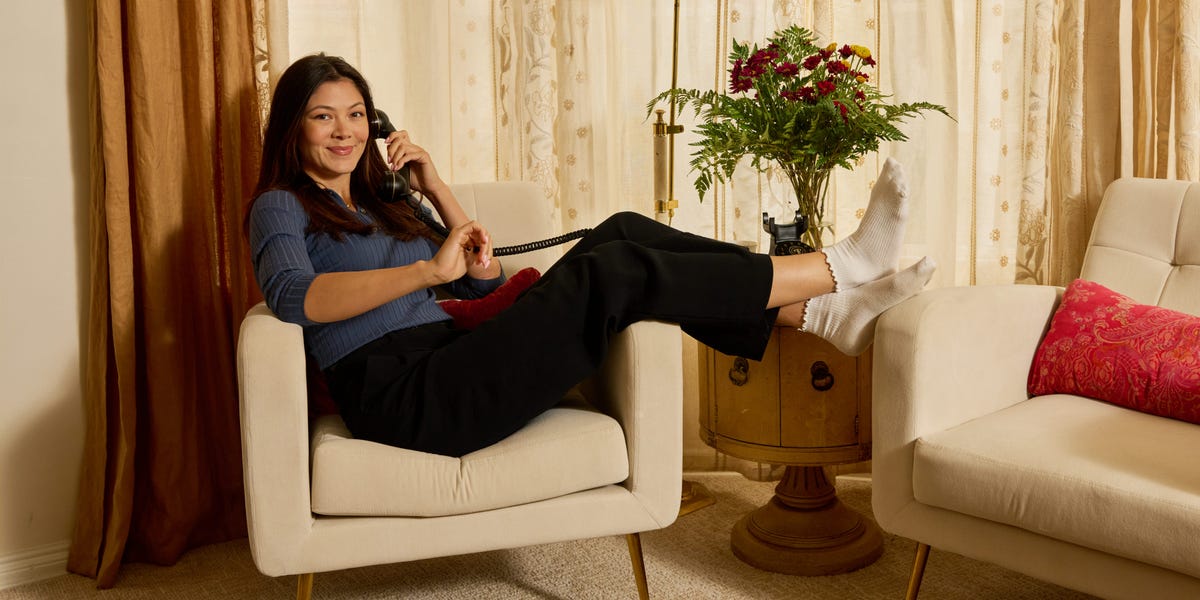
Cold war power play: how the Stasi got into computer games
A great read on the history of the GDR and computer games.
"But, as arcade-goers in the west commandeered tanks in Battlezone or blasted dragons from jetpack-propelled gunners in Space Harrier, the Poly-Play had all notions of violence removed. The GDR liked to present itself as an idyllic, peace-loving state, and its media law deemed all forms of “calls to violence” unconstitutional. “The GDR’s attitude towards computers was an idea of a harmonic self-image and a fear of the unknown,” Seiwald says.
Yet, away from the Poly-Play and its PG approach to gaming, self-described “freaks” gathered at computer clubs to test the tolerance of the police state. The east declared technology an economic priority in the late 1970s but, with the CoCom trade embargo blocking exports to the socialist bloc, western technology was only available through smuggling routes, with ZX Spectrums sewn into car seats or hidden in chocolate boxes for cross-border journeys."

Superhistory, Not Superintelligence
I was discussing AI with someone last week (because I am very interesting and original...) and we spent quite a lot of time talking about the 'time compressing' potential of these tools.
This article from Venkatesh Rao touches on this idea.
"Augmenting humans with machine learning in the right way raises their effective experiential age. They possess greater "lived experience" than their biological age would suggest because they've acquired prosthetic experience, in digested, summary form. Each such digested bit attached to your brain could be measured in terms of the experienced time it represents.
Here is where the training/inference cost asymmetry kicks in.
You need vast pools of powerful computers to train the best, biggest models, but you mostly only need much cheaper personal-scale computers to do inference with those models. So the hundreds or thousands of years worth of experience are logged in expensive infrastructure living in superhistorical time, but are usable at human scale in historical time.
You might not even need a personal computer at all. It might be sufficient to have been taught by computers. Your own brain might be sufficient to hold digested models suitable for inference."

Reimagining purpose, value, and dealing with pressure
Some thoughts (from me) reflecting on recent conversations I've had with leaders on the need for many organisations to fundamentally shift how they exist in the world.
I also share a few inspiring examples of organisations who have done, or are doing, exactly that.
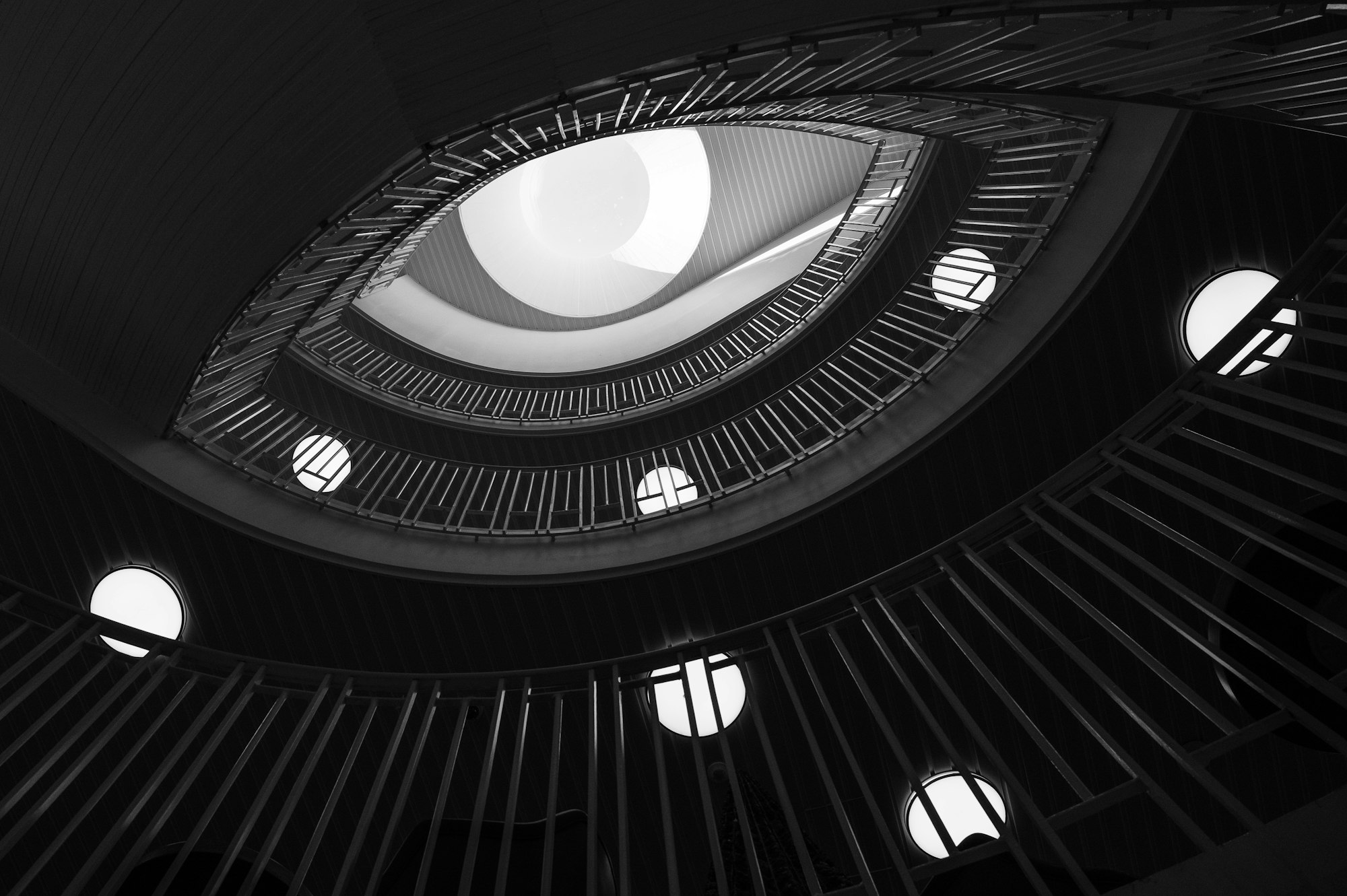
Change Management: How to Avoid the Hero Trap
"Why is leading change so hard at times of growth? Many leaders bemoan employee resistance and hidden stakeholder agendas as key factors. While these can be significant factors, I don’t think blame can be pointed only at the employees and stakeholders. The truth is actually quite the opposite. In my experience working with companies trying to scale, the reason most change efforts fail is that leaders suffer from the hero complex.1 I define hero complex as a toxic mix of seeking overinflated credit (for the change) and experiencing extreme psychological ownership (of the change).
The complicating factor: Many aspects of leading change tend to bring out the hero complex — especially at times of company growth. Change puts leaders “onstage” to be lauded (or loathed) by those above (investors, senior management, partner organizations) as well as those below (employees, stakeholders). Being at the center of that stage also increases feelings of being the change’s star and, thus, owner. That can make leaders less likely to listen to others’ ideas for improvements to the change solution and/or more likely take any criticism of the change as a personal insult.
Being a hero for today’s change may also shut off a leader’s capacity to recognize a need for tomorrow’s change — hindering future growth and successful scaling, the very goal they seek."
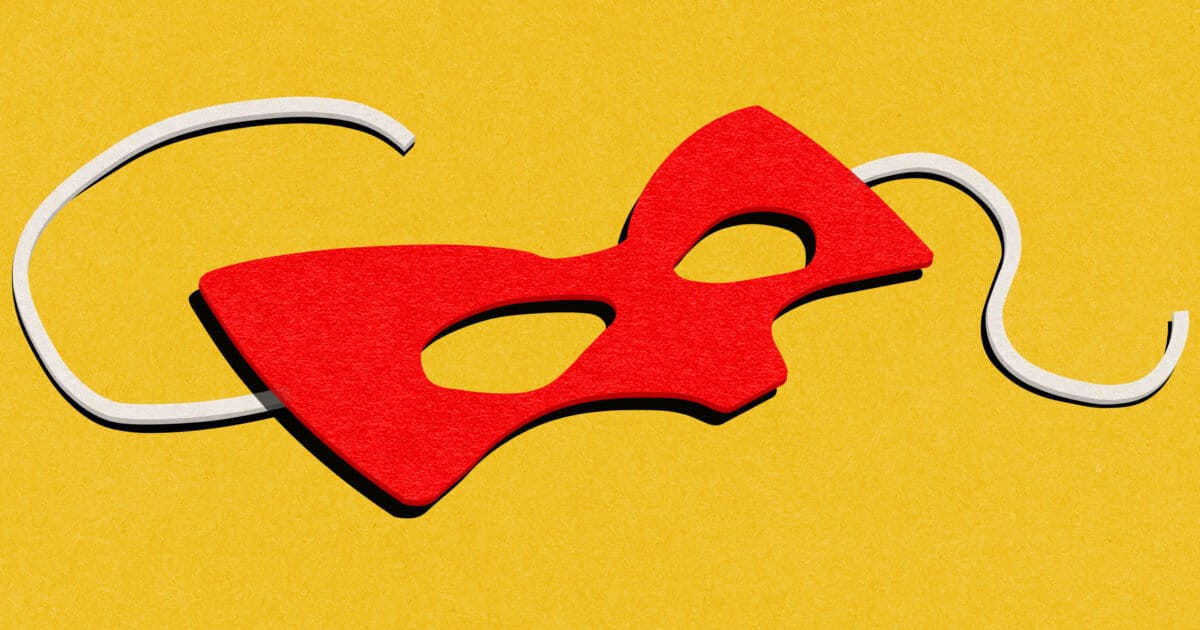
Octopus Energy’s harmful service design
As someone who has also experienced this particularly bad piece of Octopus service design this article from Miriam Vaswani on the importance of considering the impact, accessibility and visibility of your services was illuminating.

'It gave me my voice back': How group singing is helping new mums with postnatal depression
A positive thing to end with.
"Specially designed singing classes are clinically effective at treating mums with postnatal depression, a major three-year study has found. The authors say they could also be cost effective for the NHS at a time when mental health services are under pressure."
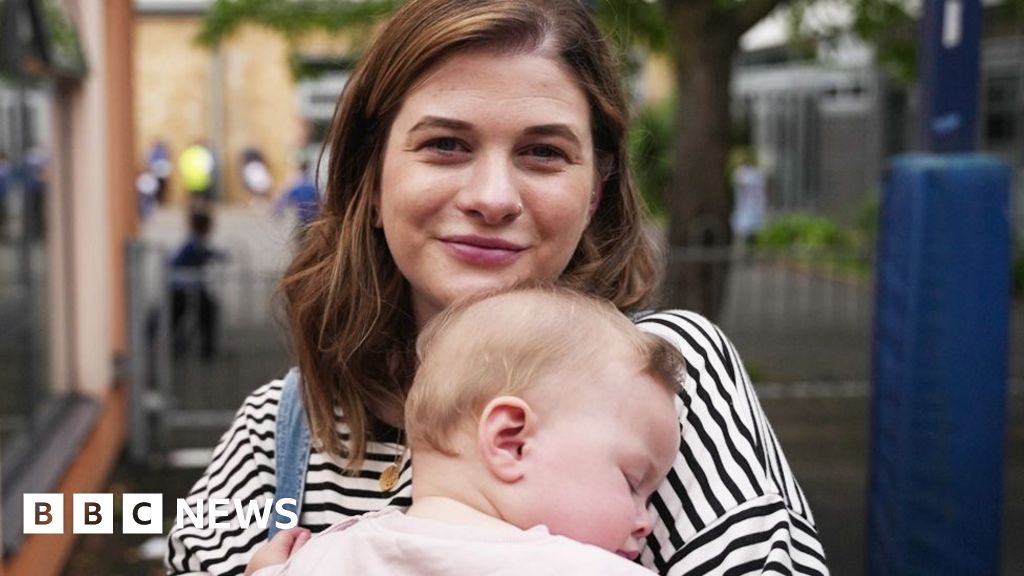
Last week's best things
Here are the three most popular links from last week's edition.
- Lessons from a Cyberattack: The National Museum of the Royal Navy’s Journey Through Crisis and Recovery
- Dylun: Our AI Content Design Assistant
- This is how we built...an interactive longbow exhibit
This week's consumption
I went to see Roofman which was a slightly tonally-uncertain thing from Derek Cianfrance (who directed Blue Valentine, and The Place Beyond the Pines), it was...fine.
I started reading North Woods by Daniel Mason which is very good so far.
See you next week
Thanks for reading all the way to the end, please enjoy this pretty cool website that explains how a mechanical watch works.
To finish, a quick reminder that I'm a consultant who helps cultural organisations do better digital work.
Here are some workshops I offer.
I'm also currently working with organisations on things involving:
- user research to inform digital investment priorities,
- technical strategy,
- leadership development,
- 'critical friend' advice,
- project governance,
- mentoring,
- digital strategy,
- and digital readiness.
If it sounds like I could be useful, then let's chat.









